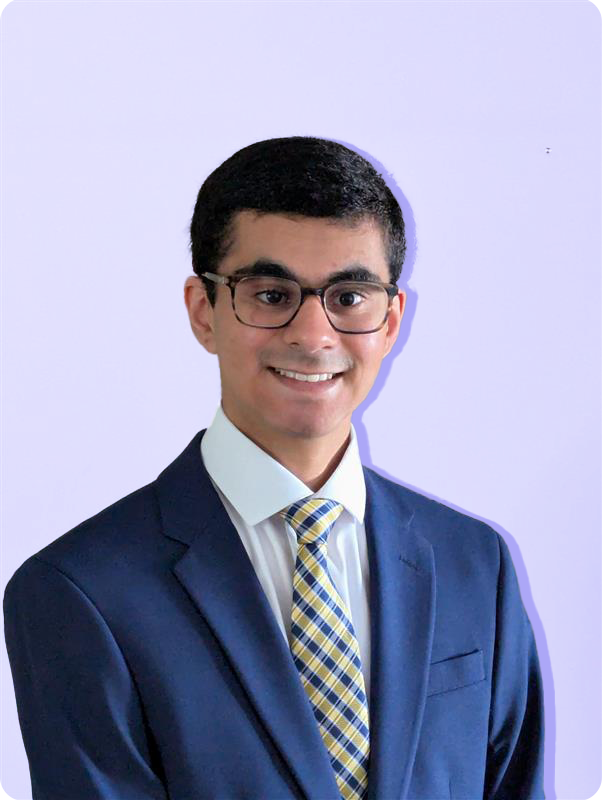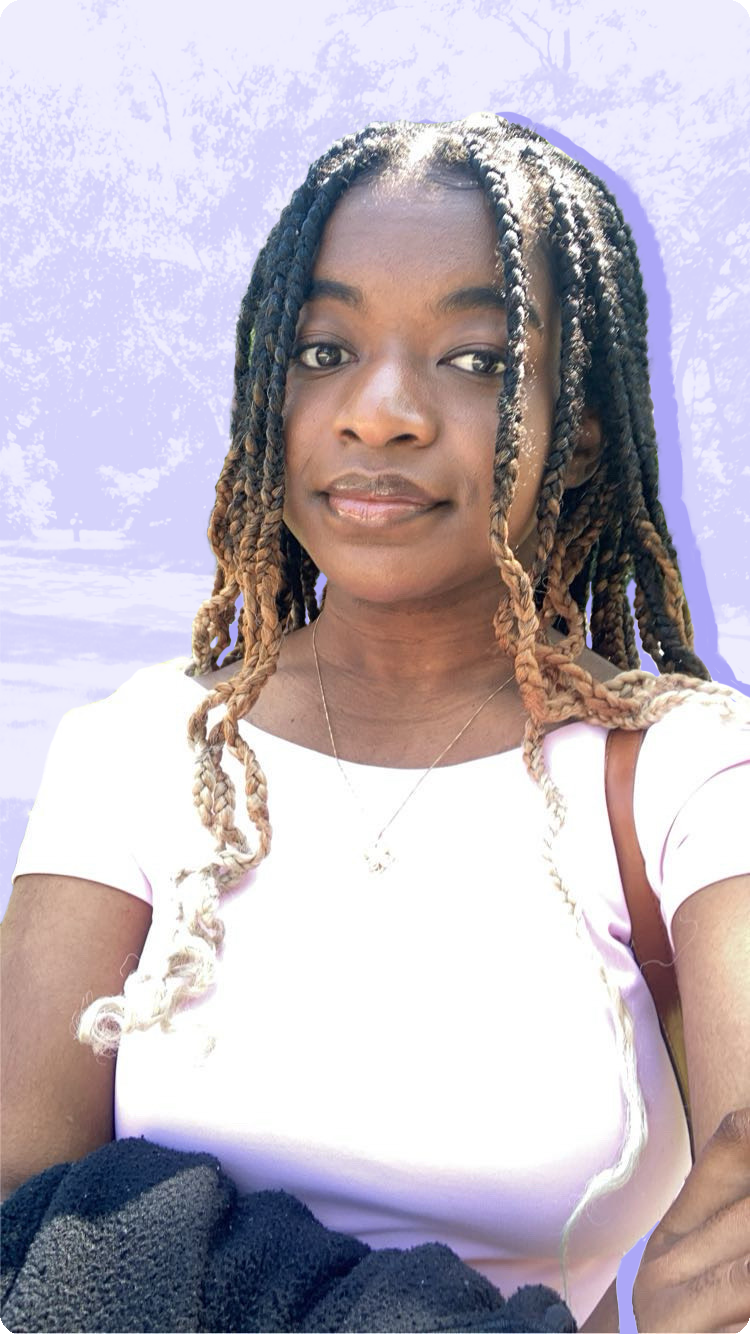For the past five years, I’ve been both a full-time firefighter and a full-time student. In middle school, I left the custody of my single father when I was only 13. But fortunately, he left me with an RESP. As I carry that support with me to fulfill a mission to relieve the suffering of others, I want to share the lessons I’ve learned and what has shaped me along the way.
This Embark student is teaching financial literacy to thousands of teens and young adults
In my first year of university, I got my dream job—I became the youngest firefighter on the force. But I quickly realized that doing both—being a full-time student and firefighter—was incredibly difficult. If you can avoid it, I wouldn’t recommend doing both at the same time. However, having an RESP didn’t just lighten the financial load; it allowed me to focus more on my education and reinvest in my future.
In my second year, I was desperate to get into the housing market. I was able to invest my RESP and scholarship funds into buying my first house in Guelph and became a live-in landlord to my friends. This eliminated rent as an expense, and my firefighting job covered tuition.
Lesson Learned: While it may seem like a noble pursuit, it’s important to prioritize your education and remember your purpose for being in school. For me, I knew that purpose was to become our nation’s first dual firefighter-clinician. I felt an insurmountable pressure to be accepted and composed at work as a rookie, all while navigating university—two arenas I never imagined myself in simultaneously.
In my third year, I began an honours thesis on firefighter well-being that broke new ground in the field, investigating issues that had never been researched before. I quickly learned that being the first to do something is always the hardest—you’re the first to make mistakes, the first to face judgment, and the first to start momentum for change.

While I was devoted to advocating for firefighter well-being, I lost sight of my own. I felt we needed an honest assessment of our resources as first responders—but at the same time, I feared my own reputation was at risk. I questioned whether the change was worth it. But it is. Being the first to act means taking on risk—but it’s what starts progress.
Lesson Learned: Without passion, research will compel you to quit. But my passion for first responder well-being is what keeps me going.
In my fourth year, I completed my honours thesis, which produced a municipal report that brought real data and attention to our city’s workplace culture. I’m proud that this research is now set to produce two publications: one qualitative study on how psychological safety influences firefighter well-being, and one quantitative study to help guide future culture and DEI policy.
Lesson Learned: While research isn’t easy, it is a basis for change at a societal level. Without it, you’ll hit a wall. My passion for first responder well-being and organizational psychology fuels me, and it drives my desire to keep challenging the status quo.
Now in my fifth year of firefighting, I co-lead our fire department’s Mental Wellness Team—managing, training, and leading our peer support and CISM (Critical Incident Stress Management) members. The main goal of any first responder mental wellness program should be to build buy-in, because stigma is our biggest barrier. I’m now turning my research into real-world change by launching our department’s first formal mentorship program. It’s designed to normalize peer support by presenting it as mentorship. Peer support and mental health still face major stigma every day—but mentorship? That’s something we can all stand behind.
Growing up with very little, I often felt like I had to raise myself. But in reality, I didn’t raise myself. The mentors I found in construction, the military, sport, firefighting, education—and the friends who became family—built me up.

Lesson Learned: Being a critical part of someone’s support system can seem daunting—even for someone like me who’s going into it professionally. But peer and mental health support can take many forms. When someone needs us, we don’t have to be professionals. We just have to show up—as mentors, as friends.
At 25, I am now one of Embark Graduate Student scholars, pursuing a path to become my fire department’s first in-house clinician—and the first culturally competent dual firefighter-clinician serving multiple first responder agencies in Ontario. I am proud to say that through my work, I will fill a critical gap in the industry.
Receiving Embark’s scholarship has been more than just a financial boost; it validates my mission. It affirms that others see value in what I am doing. This year has felt like the first time in my life I could exhale. All my hard work has brought me one step closer to becoming a licensed psychotherapist—someone who can bring inherent cultural competence to the community I care about most: my fellow first responders.

Embark is Canada’s education savings and planning company. The organization aims to help families and students along their post-secondary journeys, giving them innovative tools and advice to take hold of their bright futures and succeed.


